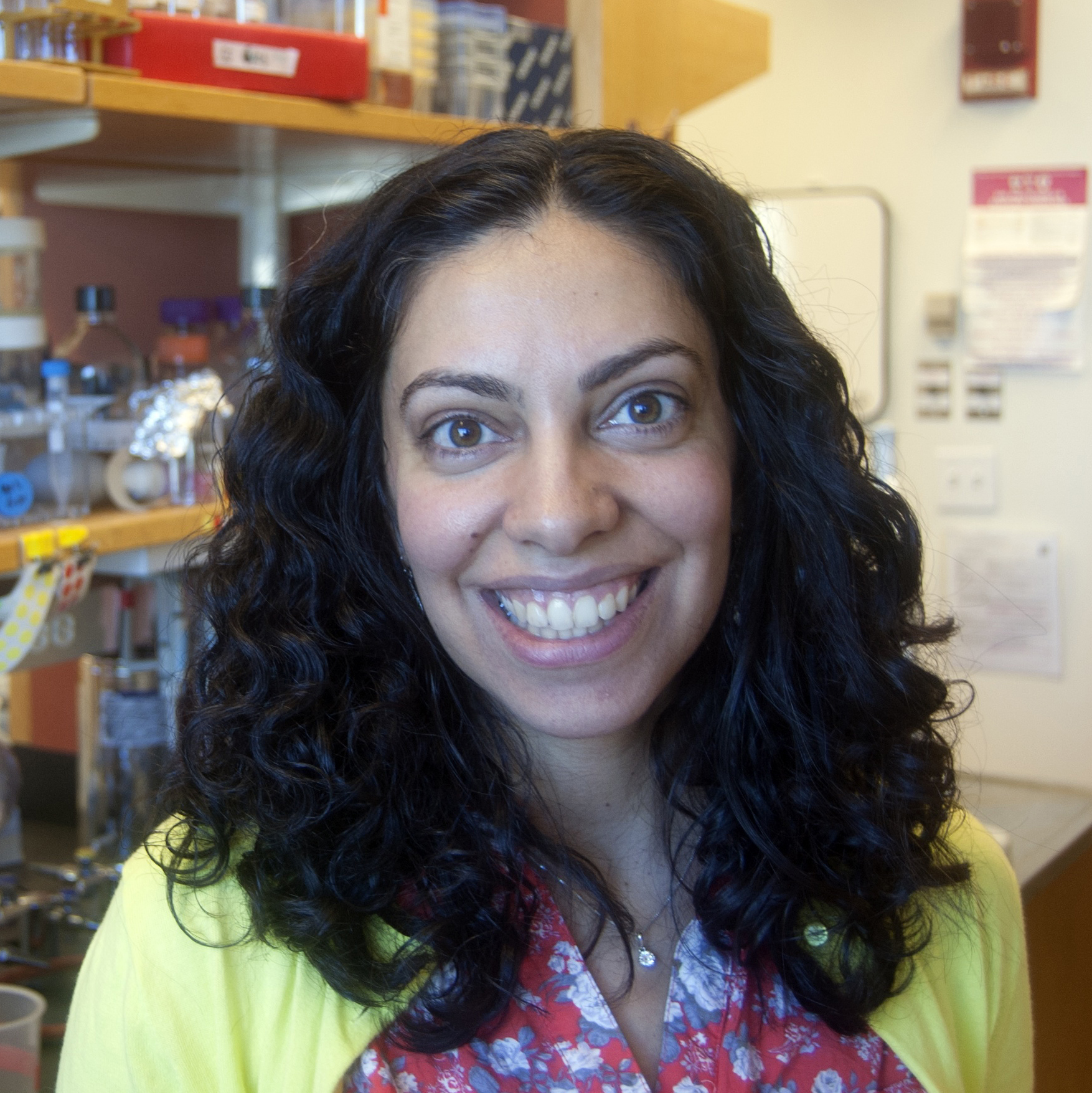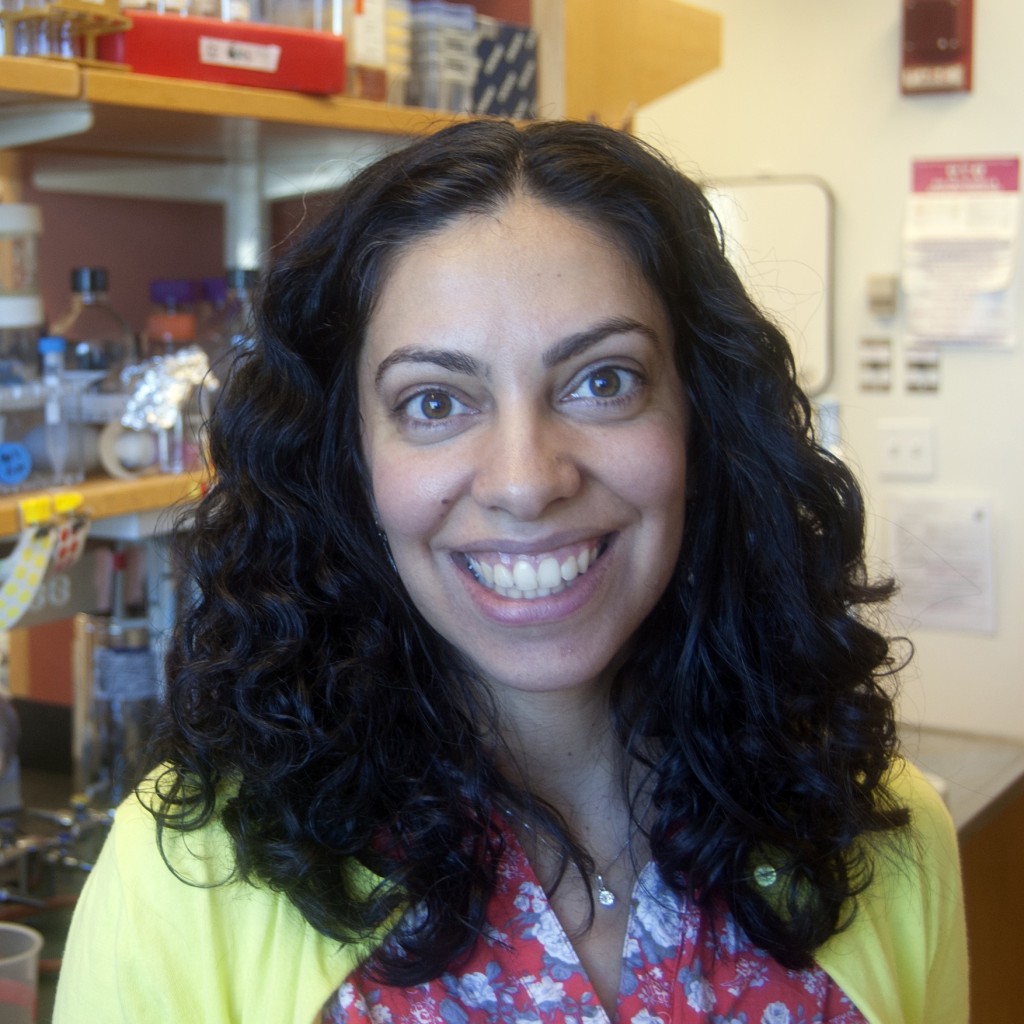New Faculty Profiles showcase GSA members who are establishing their first independent labs. If you’d like to be considered for a profile, please complete this form on the GSA website.

Zeba Wunderlich
Assistant Professor
Department of Developmental and Cell Biology
University of California, Irvine
Lab website
Research program:
The Wunderlich Lab uses a combination of computational and experimental approaches to understand the function of regulatory DNA in animals. We aim to determine why some sequence changes in regulatory DNA are neutral, while others lead to gross phenotypic differences and disease states. We pair statistical and physically-based computational models with precise gene expression measurements to relate regulatory DNA sequence to function. The transcription network that patterns the early Drosophila embryo is our current model system, and we are developing new model systems to explore how sequence variation between individuals and species affects transcriptional regulation.
We are accepting applications for a postdoc position in the lab and welcome candidates who are interested in understanding the function of regulatory DNA using a combination of experimental and computational approaches. Applicants can send a CV and cover letter describing your previous research experience and future research interests to Dr. Wunderlich.
Role of GSA in your career:
I served as the postdoc representative to the GSA Conferences Committee, which gave me a lot of insight into how conferences are planned at the highest level. I’ve been to three Annual Drosophila Research Conferences, which have been invaluable for sharing my results and getting feedback, learning about new techniques and results, and meeting the great members of the Drosophila community. I also appreciate all the research the GSA does on our behalf to learn more about funding trends, public opinion, and government policies. It also gives us a voice to advocate for funding and policies that allow our research to move forward.
“Science is like a puzzle — I love pulling together data and facts from a variety of sources and techniques to figure out what’s happening in the animal. There’s also a great feeling of satisfaction doing a fly cross and finding that rare phenotype that you’re looking for!” – Zeba Wunderlich on her favorite part of her work
Previous training experiences:
- Undergraduate: BA in Molecular Biology and Biochemistry, Statistics, from Rutgers University, 2003. (Research Advisor: Gaetano Montelione)
- Graduate: PhD in Biophysics from Harvard University, 2008. (Research Advisor: Leonid Mirny)
- Post-doc: Department of Systems Biology, Harvard Medical School, Drosophila. (Research Advisor: Angela DePace)
Interests Outside of Work:
Going to the beach, to the gym, and baking













